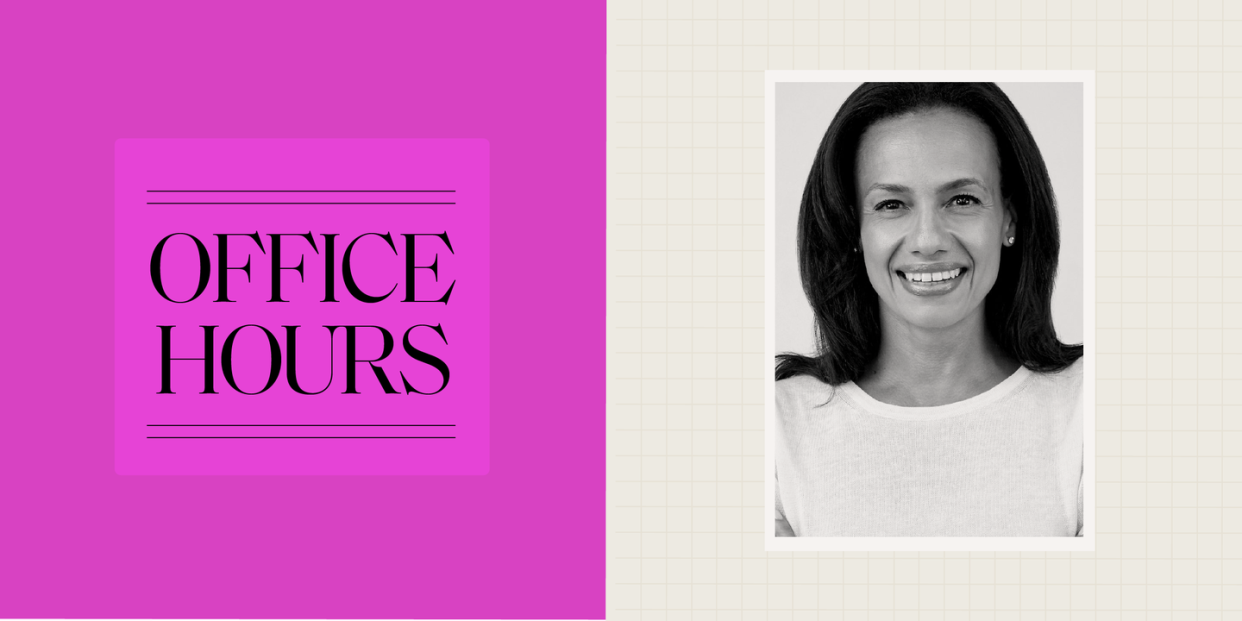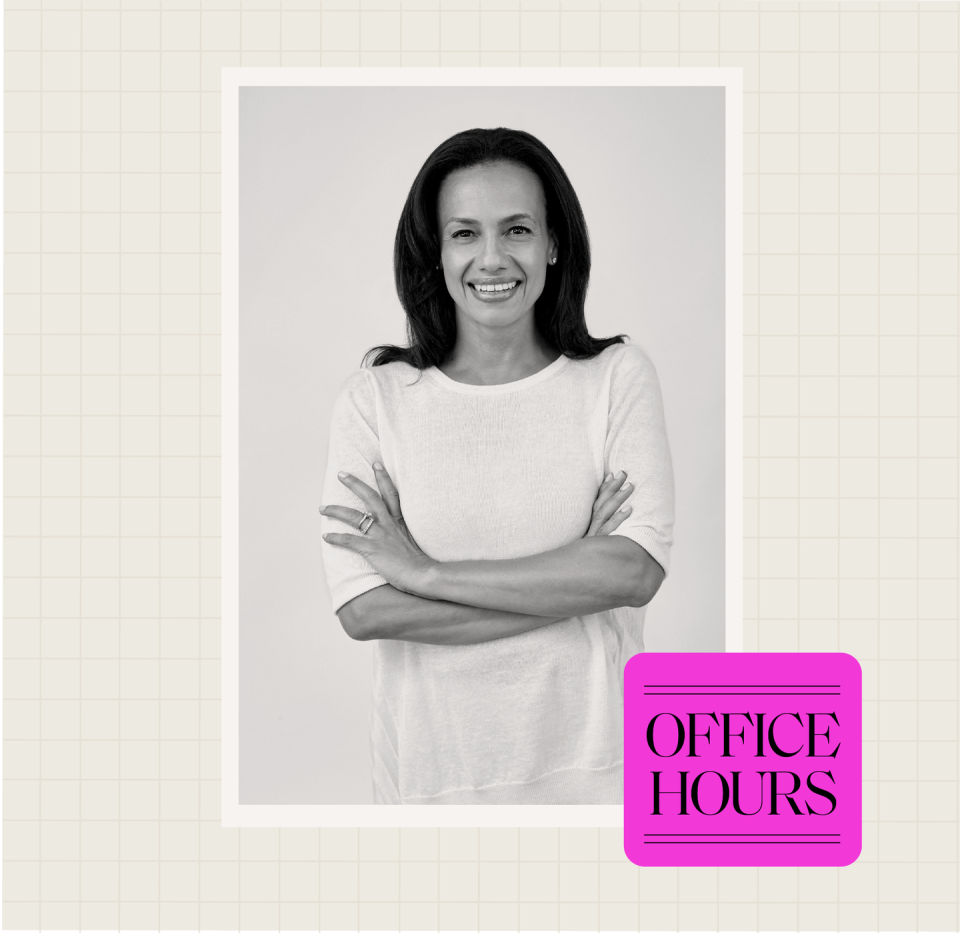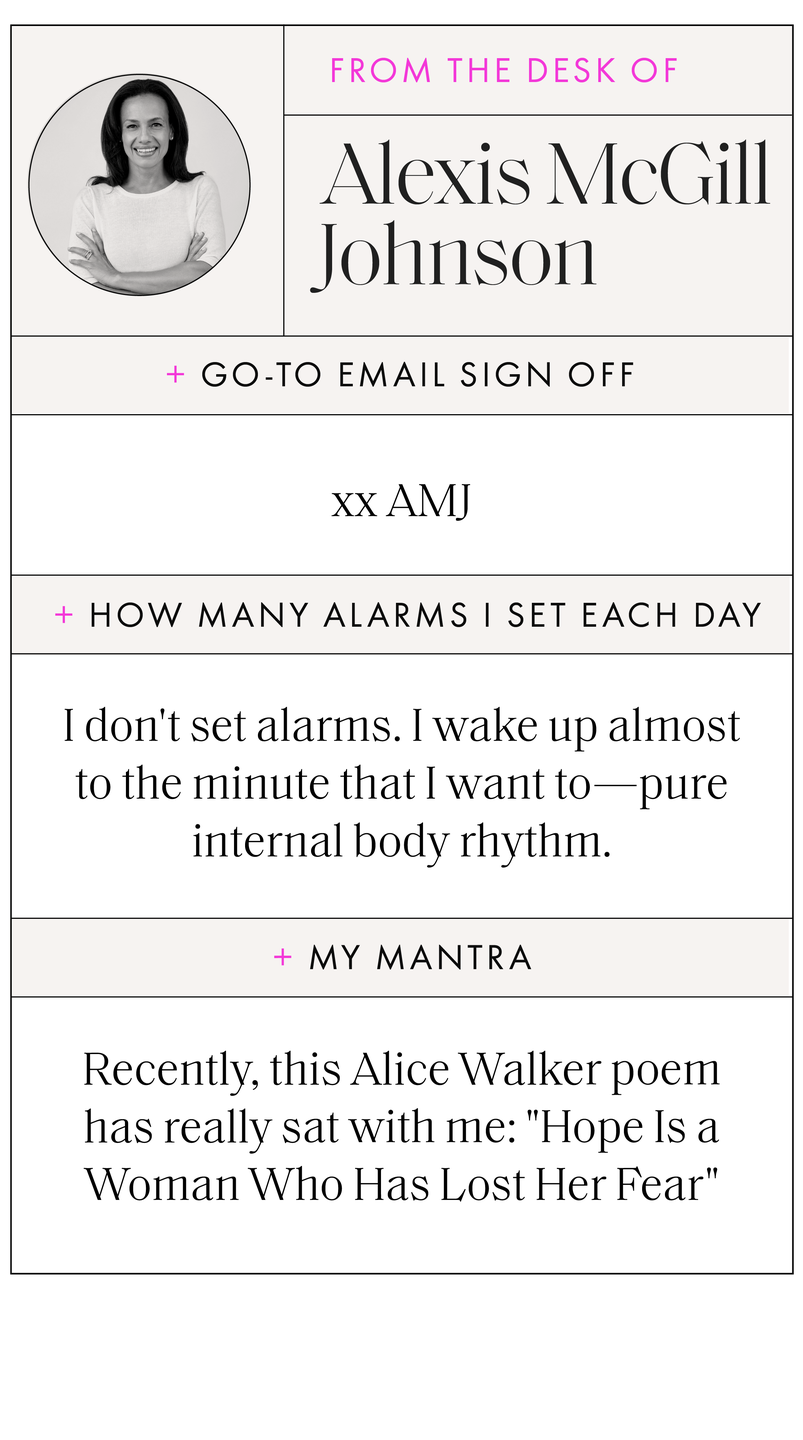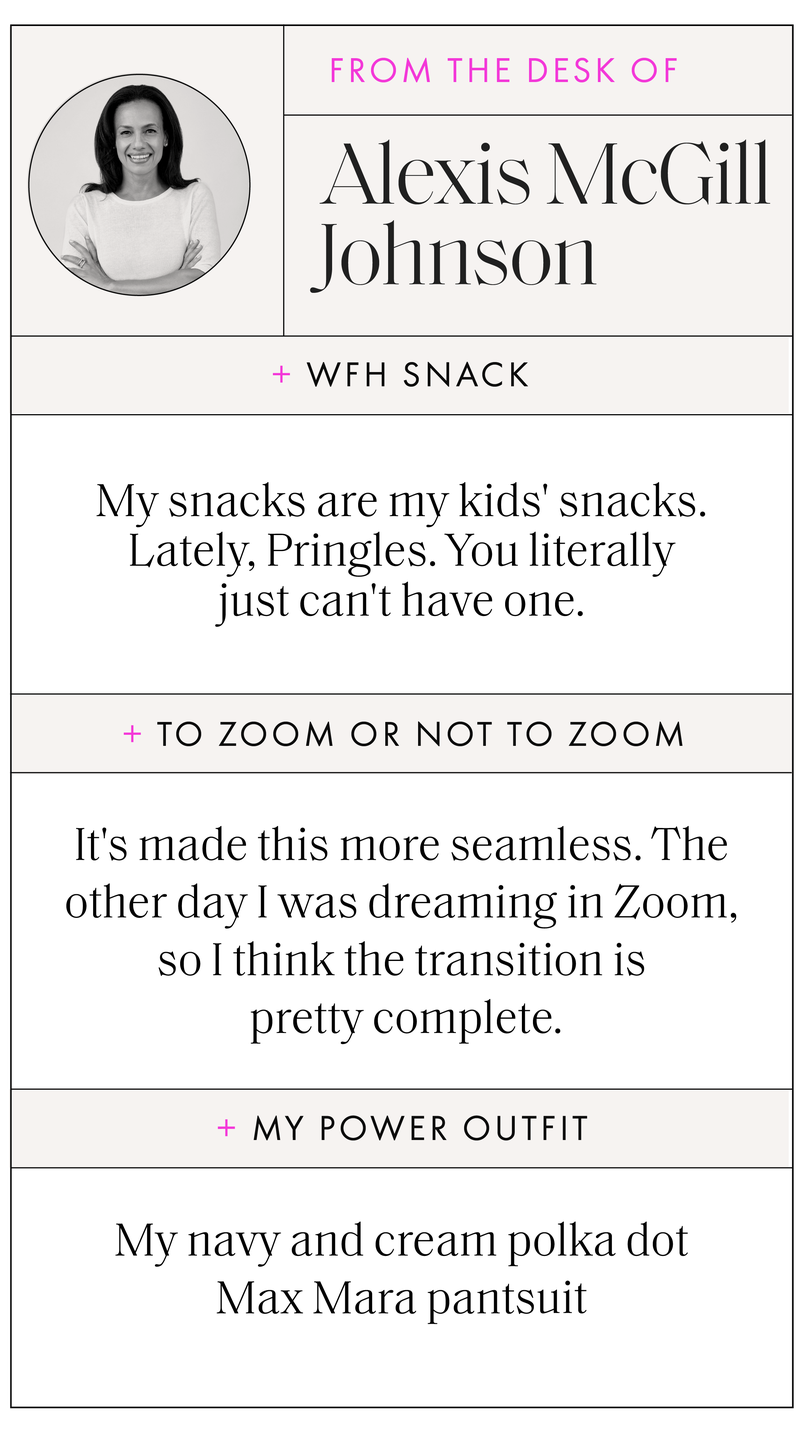Alexis McGill Johnson Is Sometimes Weary, But Never Wary


In ELLE.com's monthly series Office Hours, we ask people in powerful positions to take us through their first jobs, worst jobs, and everything in between.
It's been just weeks since Alexis McGill Johnson was named the new permanent president and CEO of Planned Parenthood Federation of America and Planned Parenthood Action Fund, but the moment was years in the making.
McGill Johnson became the acting president in July 2019, following the announcement that physician Dr. Leana Wen would be departing from the role after alleged management issues and reports that the board "felt it needed a more aggressive political leader." McGill Johnson—who's now the organization’s second Black president ever—had been on the Planned Parenthood board for nearly 10 years, acting as board chair for two of them. She comes to the role having spent years as a prominent activist, teaching political science at Yale and Wesleyan, serving as executive director of Citizen Change, and co-founding the Perception Institute.
I am incredibly proud and humbled to lead @PPFA & @PPact forward as the permanent president and CEO.
We know we face many challenges ahead, but we have the strength & resilience to protect and provide accessible and affordable care to patients.
I’m so proud to be Here With You. pic.twitter.com/icszSpukjv— Alexis McGill Johnson (@alexismcgill) June 29, 2020
She also arrives to the role at a crucial moment in history. The past several months have seen states attempting to use the pandemic to stop access to abortion. The Supreme Court recently decided two cases concerning reproductive rights, one that allows employers to opt out of covering contraception for employees. Meanwhile, nationwide, protestors and activists are fighting for racial justice—all while the presidential election bubbles in the background.
Below, McGill Johnson shares how she's rising to the occasion, fighting burnout, and why it's okay to question doing something just for the paycheck.
My first job and worst job
"My very first job was actually as a newspaper deliverer when I was 10. I got the route from my best friend. At the time, I was terrified of dogs and my mom ended up driving me around to deliver all the newspapers. My worst job was when I was a campus shuttle driver in college. I had just gotten my license. I'm 5'3", I'm sitting in this big van trying to navigate the roads. I think I probably lasted one shuttle run."
When I was younger I looked up to
"I always wanted to be a college professor from the time I saw Condoleezza Rice on TV talking about the Soviet Union. You always saw the credentialed white male with the books behind them—kind of like we do now on Zoom—and, to me, that's what experts looked like. So to actually see a Black woman as an expert, and redefine expertise, was so exciting for me. Full circle moment: When I got into graduate school, she was at Stanford, and she called to recruit me. I got to tell her that watching her in the late '80s gave me permission to think about myself differently."

The questions I always ask myself
"The organizations I've created have all come from a theory of change—testing assumptions about whether or not there were different ways to motivate young people to vote or different ways to understand how to talk about race and gender, how to introduce the science of how our brains process identity. I feel like I'm a researcher by trade and constantly trying to figure out: What is the movement equation? What is it that we're solving for in this particular moment, and how can we find the right variable and test to see what would actually make change happen? I think that's the through line, and quite frankly, the through line that I'm bringing into Planned Parenthood right now."
Worst career advice I've received
"A couple of years ago when I was working at Perception, we signed a client, and they weren't really in it for the right reasons. I was really struggling with how to deliver the right kind of product for them. At some point, someone said, 'Just take the check. You don't have to save everybody. Sometimes it's okay to just take the check.' The idea of compromising your values for money, it just felt wrong. The advice actually clicked because it was so inconsistent with anything I would have ever said to anyone that it freed me to do the opposite, and realize that I had the power to actually quit my client, which was kind of liberating."
How I think about the future of the reproductive rights movement
"The movement is dynamic, and it is changing. Thinking about how an organization like ours centers the experiences of the patients who Planned Parenthood serves is actually one of the ways in which it forces you to stay current. It forces you to stay relevant. I think there is some assumption that movements happen, we pass legislation, we change ideas and then that's settled, and we don't have to go back and do the work again. What we've seen, in the retraction of so many of the rights that we fought for, is that every movement has got to be made relevant to the next generation. It forces us to build that muscle to figure out how we're going to connect and how we're going to ensure that people understand what's at stake before it gets taken away."
It's important to understand that @PPFA is a repro rights organization. Black women created a RJ framework and lead that work today. We will continue to follow their lead, and work to fully embrace the framework to drive intersectional equity through health care and advocacy. https://t.co/nuqEk0eN5t
— Alexis McGill Johnson (@alexismcgill) July 14, 2020
How I stay motivated
"I had a mentor who taught me the difference between being weary and being wary. I would say, 'I'm tired, I'm exhausted,' and she would always ask me, 'Which kind of tired are you?' If you're just weary, you can take a nap, you can take a break, and recharge yourself because that's actually good for you and it's good for the movement. She said, if you are wary, if you believe that the fight is futile and that you cannot win, that we cannot win, then it's time for you to leave and make room for someone who believes that the fight will be won. I think having that is a really good touchstone for anyone in this space because it is emotionally exhausting, and it is physically exhausting. That's the point. The opposition wants to wear you out and [it's about] finding ways to make sure that you manage your weary and you keep your wary at bay."

What my work-from-home/life balance looks like
"I have small kids, so any time I'm not working, I'm with them. I think there is some yin and yang to that. The work that I'm doing is literally about fighting for their futures and then to sit back and process with them has been the best balance. When I took this on last year, I was on the road all the time, and just being home for three months with them day in, day out—as horrible as the environment is—it's such a touchstone of staying centered."
My approach to opening doors for more Black women
"To be the first or second of anything in this day and age shows you how long progress takes and how much work we continue to do. For me, it's always been important, in the same way that Condoleezza Rice redefined expertise for me, to redefine what leadership looks like for someone else. I don't believe in representation just for representation's sake because there are a lot of people who look like you who don't share your world view or experience. But when you can show up authentically, you're creating that permission in someone else. I'm unapologetic about who I am. I'm unapologetic about the things that I fight for. I think giving that permission for people to continue to be unapologetic about who they are is really the work that we all need to do."
This interview has been edited and condensed for clarity.
You Might Also Like

